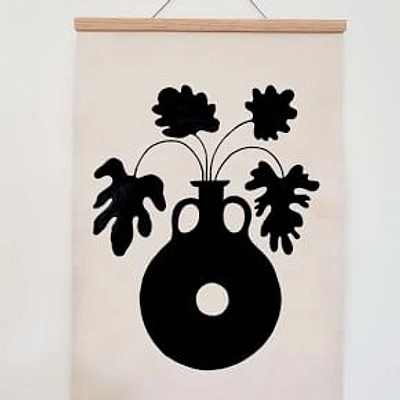Home
The Ebbs and Flows of Fortune: The Life of Thomas Howard, Third Duke of Norfolk
Barnes and Noble
The Ebbs and Flows of Fortune: The Life of Thomas Howard, Third Duke of Norfolk
Current price: $32.95


Barnes and Noble
The Ebbs and Flows of Fortune: The Life of Thomas Howard, Third Duke of Norfolk
Current price: $32.95
Size: OS
Loading Inventory...
*Product information may vary - to confirm product availability, pricing, shipping and return information please contact Barnes and Noble
Thomas Howard became the third duke of Norfolk during the reign of Henry VIII and was involved in many of the most controversial episodes of that era. By some accounts Norfolk became known as the greatest soldier and aristocrat alive under Henry VIII's rule, in Britain a period of transition from medieval to modern and spanning the Renaissance and Reformation.
In this first comprehensive biography of Norfolk David M. Head confronts the central paradox of Norfolk's career. Here was a man of enormous ambition and family pride whose talents never matched that ambition-a man whose military and political victories brought him only short-term rewards, often followed by personal disaster. A social and religious conservative, Norfolk was uncomfortable with reformation ideology and the "low-born" men of the court. The duke sought a primary position within the court like that earned by Cromwell and Wolsey but was unwilling to perform the sustained hard work required to achieve that stature. By the 1540s Norfolk was probably the richest man in England, but nonetheless, at the hands of Cromwell and Wolsey, he was repeatedly exiled from the court for emotional excesses as factional struggles swirled and political rivalries turned personal and bloody. Even when exiled from court, his military and diplomatic service repeatedly earned him a return to Henry's inner circle, a place he proved unable to hold, as family disasters undermined his position and the shifts of faction turned against him.
To understand Thomas Howard is to grasp the intimate scale of Tudor England and its measurement of power as one's proximity to the crown. He serves as a symbol for this age of transition-a nobleman, a figure from the feudal past, adjusting to a changing age that he did not always understand and to which he could never completely accommodate himself.


















